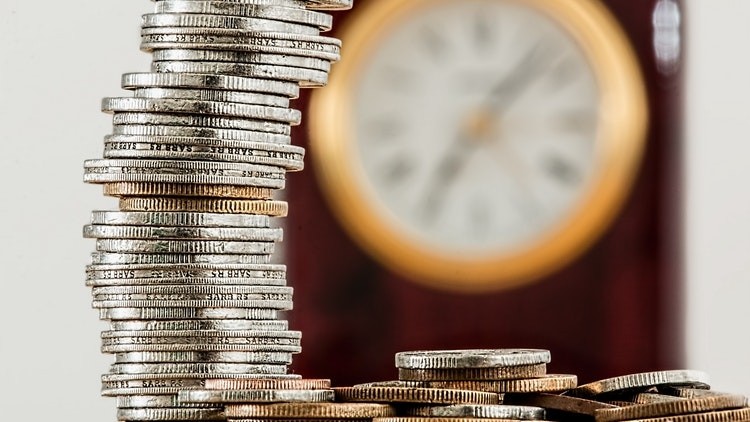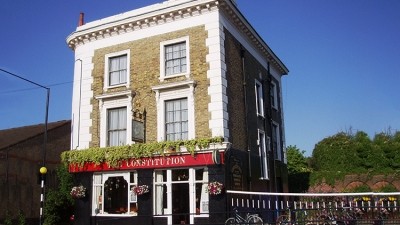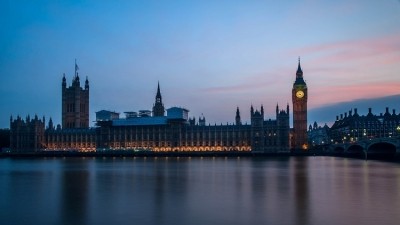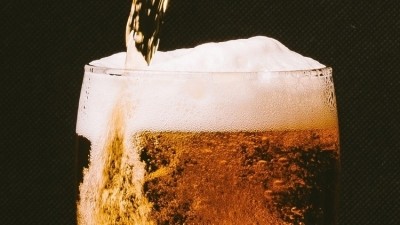Pubs face £13m business rates hike

Altus Group said September’s Consumer Price Index (CPI) measure of inflation determines business rate rises for the following financial year (2020-21) with the Uniform Business Rate (pence in the pound tax rate) uprated each year for inflation.
The current standard rate of tax for business rates in England rose to 50.4p on 1 April 2019 for the 2019-20 year (this is multiplied by the rateable value of a pub to calculate the business rates it needs to pay).
Figures from the Office of National Statistics reported CPI was 1.7% last month, which was the same as in August.
Today’s (16 October) headline rate of inflation of 1.7% signals gross business rates bills for 2020-21 will rise by £536.03m in England, according to Altus Group.
Inflationary rise
It said the retail sector will face a £136.92m rise with pubs shouldering a £12.77m increase. Restaurants and hotels will both face hikes in bills of £9.71m and £14.41m respectively.
The office sector will also be hit hard with an inflationary rise of £126.09m with factories having to find an additional £70.44m.
Altus Group UK president of expert services Alex Probyn said: “The compound effect of annual inflationary rises are completely unsupportive of UK businesses.
“Revenue from rates has risen by almost a third in England, up by £6.04bn a year, during the past decade.
“Firms would greatly benefit from respite from increasing property taxes that are uncompetitive and the highest across Europe.
“Businesses want and expect the chancellor to deliver a pro-business Autumn Budget amid these uncertain times, and Sajid Javid could do that, in part, by being the first chancellor in history to scrap the inflationary rise next year.”
Rates arrears
Meanwhile, more than 78,000 non-domestic properties, including pubs, restaurants, shops, factories and offices were referred to bailiffs in the past financial year and had goods seized after falling into business rates arrears.
Once a liability order has been obtained in the magistrates’ court to collect outstanding business rates on its behalf, bailiffs are instructed by councils to carry out the work.
Bailiffs can also levy ‘distress’ and enter premises to take goods and sell at public auction with the proceeds taken by councils to settle the debt.
Under the Freedom of Information Act, all councils in England were asked to provide details of how many business premises had been referred to bailiffs, also know as enforcement agents, between 1 April 2018 and 31 March 2019, with details being provided on 1,714,729 out of the 1,933,963 non-domestic properties liable for rates.






